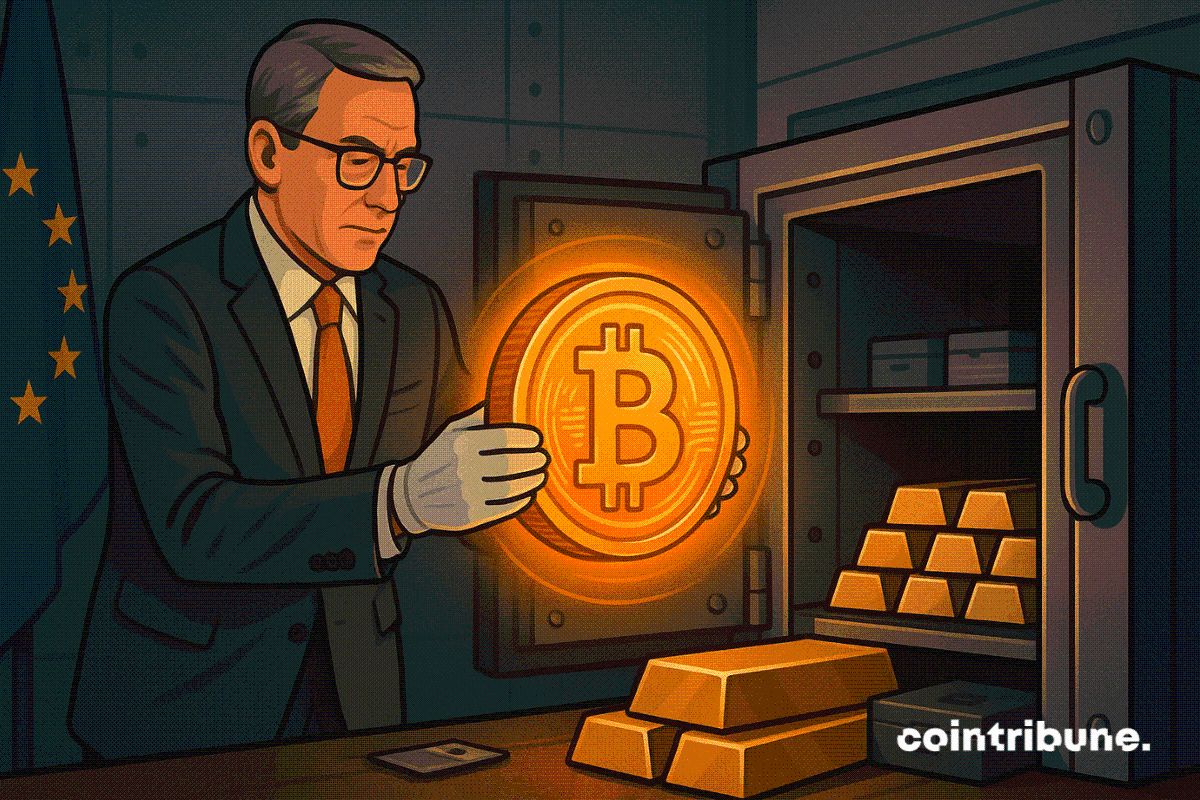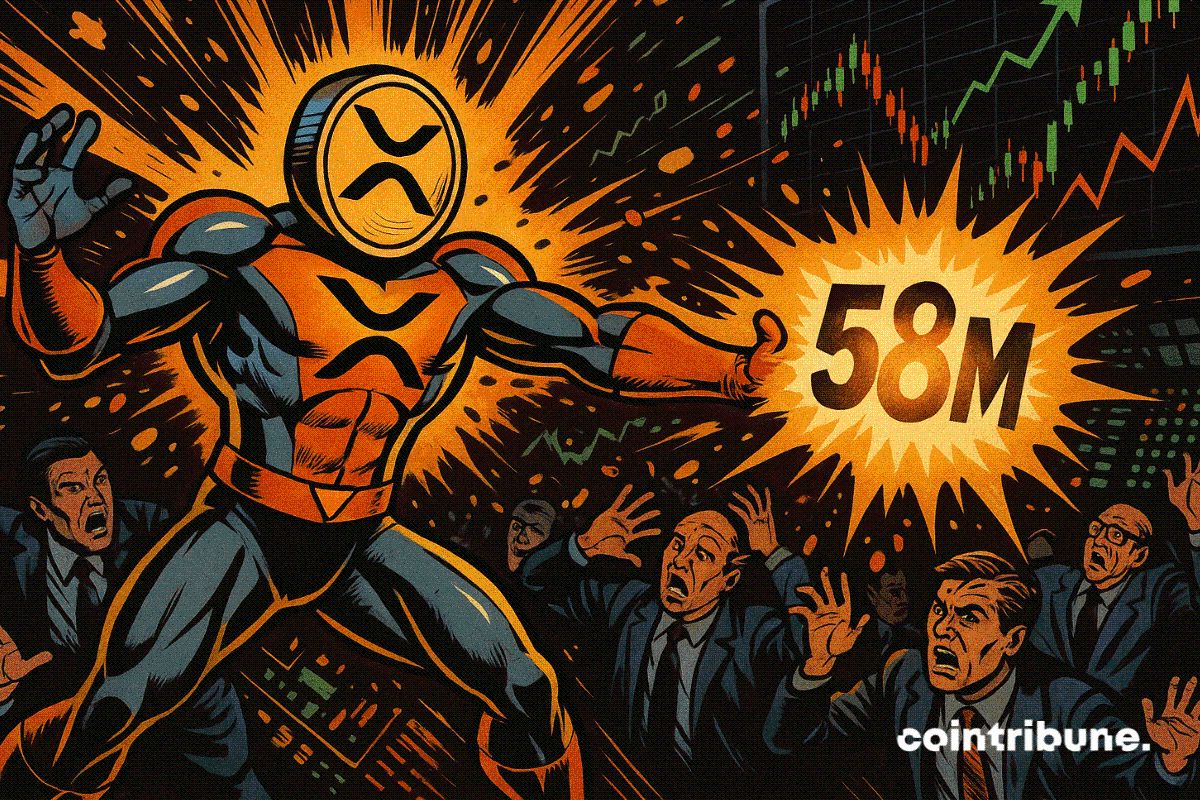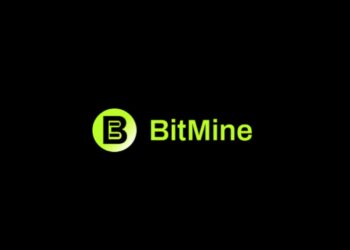Terraform co-founder Do Kwon pleads guilty to two fraud charges in years long US case: reports
Quick Take A day earlier, Judge Paul Engelmayer wrote that the “Court has been advised that the defendant may enter a change of plea.” Charges were tied to the crumbling of Terra USD, an algorithmic stablecoin that uses market incentives via algorithms to maintain a stable price.

Terraform co-founder Do Kwon will plead guilty to wire fraud and conspiracy to defraud, Reuters reports, following a years-long criminal case after the collapse of algorithmic stablecoin Terra USD, which wiped out tens of billions of dollars.
Kwon, 33, also told the court that he would be waiving the right to go to trial and acknowledged that he could face 25 years in prison, according to reporting from Inner City Press.
A day earlier, U.S. District Court for the Southern District of New York Judge Paul Engelmayer wrote that the "Court has been advised that the defendant may enter a change of plea."
Kwon was criminally charged in March 2023 with conspiracy to commit fraud, commodities fraud, wire fraud, securities fraud, conspiracy to commit fraud, and engaging in a conspiracy to commit market manipulation and money laundering.
Those charges were tied to the crumbling of Terra USD — an algorithmic stablecoin that uses market incentives via algorithms to maintain a stable price. Terra was linked to Luna, a governance token, to keep the prices stable. Terra USD's disintegration provoked a contagion event that brought down several crypto entities in 2022.
Following months of legal proceedings in Montenegro, Kwon was extradited to the U.S. in December. Both the U.S. and South Korea issued warrants for his arrest. The former CEO was arrested in Montenegro in March 2023 for traveling with forged travel documents.
Kwon pleaded not guilty to the U.S. charges in January.
Kwon also faced civil charges in a case brought by the U.S. Securities and Exchange Commission in February 2023. The trial for Terraform against the SEC started in late March, though without Kwon. In April, a jury found that both Terraform and Kwon misled investors and were found liable for civil fraud. The main issues that the jury had to delve into revolved around the SEC's claims that Kwon and Terraform violated federal securities laws by engaging in fraud connected to the buying and selling of Terraform securities.
Disclaimer: The content of this article solely reflects the author's opinion and does not represent the platform in any capacity. This article is not intended to serve as a reference for making investment decisions.
You may also like
Grayscale formalizes its IPO filing

Czech Bank Tests Crypto Assets In Pilot Program

New XRP ETF Draws $58M Trading Volume, Tops This Year’s ETF Debuts

Bitzuma Launches Research & Education Hub to Elevate Crypto Knowledge

